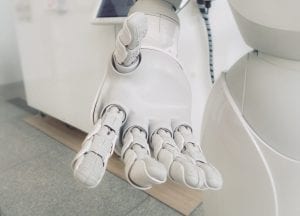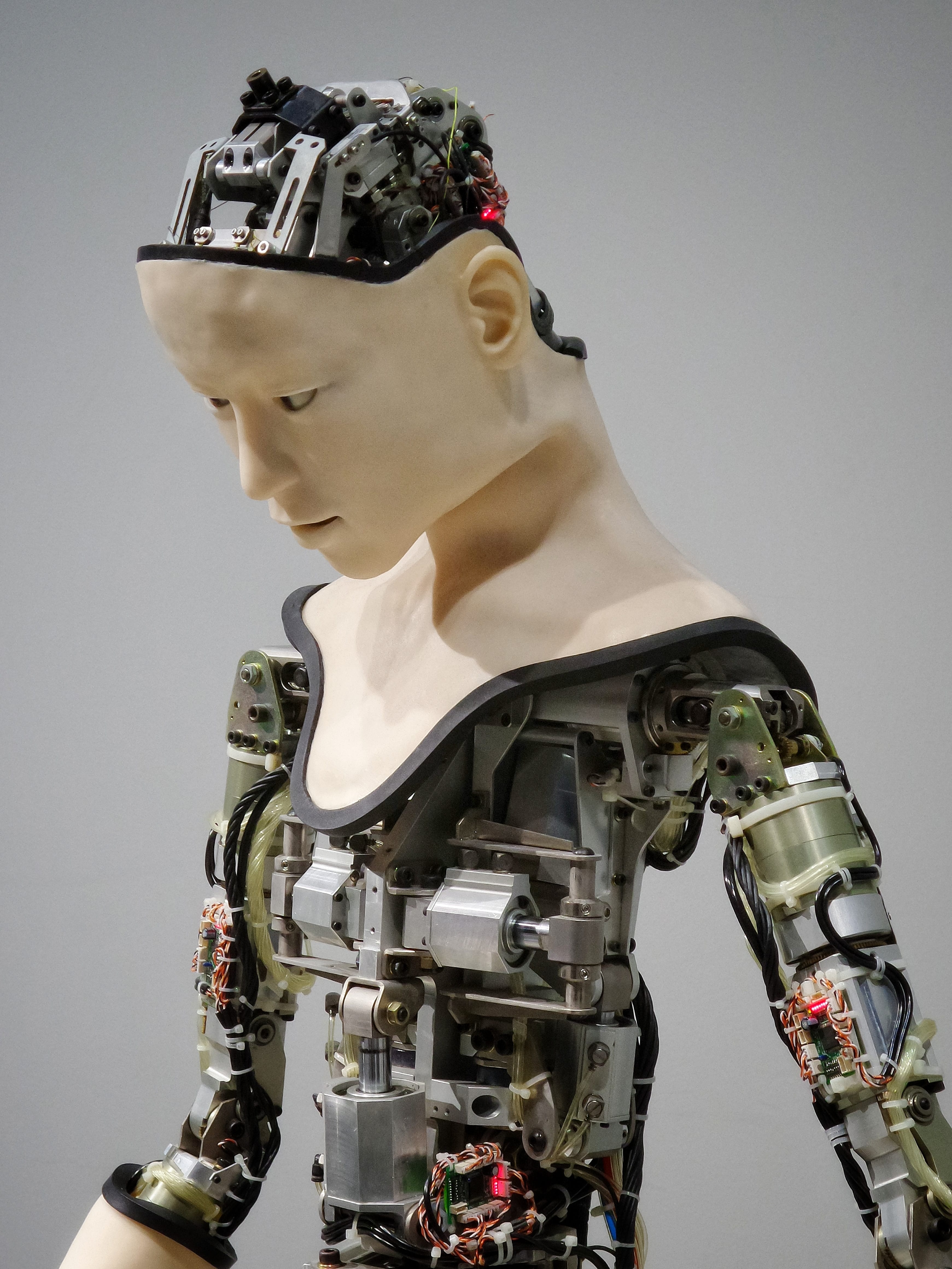While AI-enabled decision-making seems to take out the subjective human areas of bias and prejudice, many observers worry that machine analytics have the same or different biases embedded in the systems.
As with many advances in technology, the legal issues can be unsettled until a body of case law has been established. This is likely to be the case with artificial intelligence or AI. While legal scholars have already begun discussing the ramifications of this advance, the number of court cases, though growing, has been relatively meager up to this point.
Rapid Advances in AI
New and more powerful chips have the potential to accelerate many applications that rely on AI. This solves some of the impediments that have made advances in AI slower than some observers have anticipated. This speeds up the time it takes to train new machines and new models from months to just a few hours or even minutes. With better and faster chips for machine learning, the AI revolution can begin to reach its potential.

This potent advance will bring an array of important legal questions. This capability will usher in new ideas and techniques that will impact product development, analytics and more.
Important Impacts on Intellectual Property
While AI will impact many areas of the law, a fair share of its influence will be on areas of intellectual property. Certainly, areas of negligence, unfairness, bias, cyber security and other matters will be important, but some might wonder who owns the fruits of innovations that come from AI. In general, the patentability of computer-generated works has not been established, and the default is that the owner of the AI design is the owner of the new material. Since a computer cannot own personal property, at present, the right to intellectual property also does not exist.
More study and discussion will no doubt go into this area of law. This will become more pressing as technological advances will make it more difficult to identify the creator of certain products or innovations.
Increasing Applications in Medical Fields
The healthcare industry is also very much involved in harnessing the power associated with AI. Many of these applications involve routine tasks that are not likely to present overly complex legal concerns, although they could result in the displacement of workers. While the processing of paperwork and billing is already underway, the use of AI for imaging, diagnosis and data analysis is likely to increase in the coming years.
This could have legal implications when regarding cases that deal with medical malpractice. For example, could the creator of a system that is relied upon for an accurate diagnosis be sued if something goes wrong. While the potential is enormous, the possibility of error raises complicated questions when AI systems play a primary role.
Crucial Issues With Algorithmic Decision-Making
While AI-enabled decision-making seems to take out the subjective human areas of bias and prejudice, many observers worry that machine analytics have the same or different biases embedded in the systems. In many ways, these systems could discriminate against certain segments of society when it comes to housing or employment opportunities. These entail ethical questions that at some point will be challenged in a court of law.
The ultimate question is whether or not smart machines can outthink humans, or if they just contain the blind spots of the programmers. In a worst-case scenario, these embedded prejudices would be hard to combat, as they would come with the imprint of scientific progress. In other words, the biases would claim objectivity.
Some observers, though, believe that business practices have always been the arena for discrimination against certain workers. With AI, thoughtfully engaged and carefully calibrated, these practices could be minimized. It could offer more opportunities for a wider pool of individuals while minimizing the influence of favoritism.
The Legal Future of AI
As with other areas of the courts, AI issues will have to be slowly adjudicated in the court system. Certain decisions will establish court precedents that will gain a level of authority. Technological advances will continue to shape society and the international legal system.


Join the conversation!